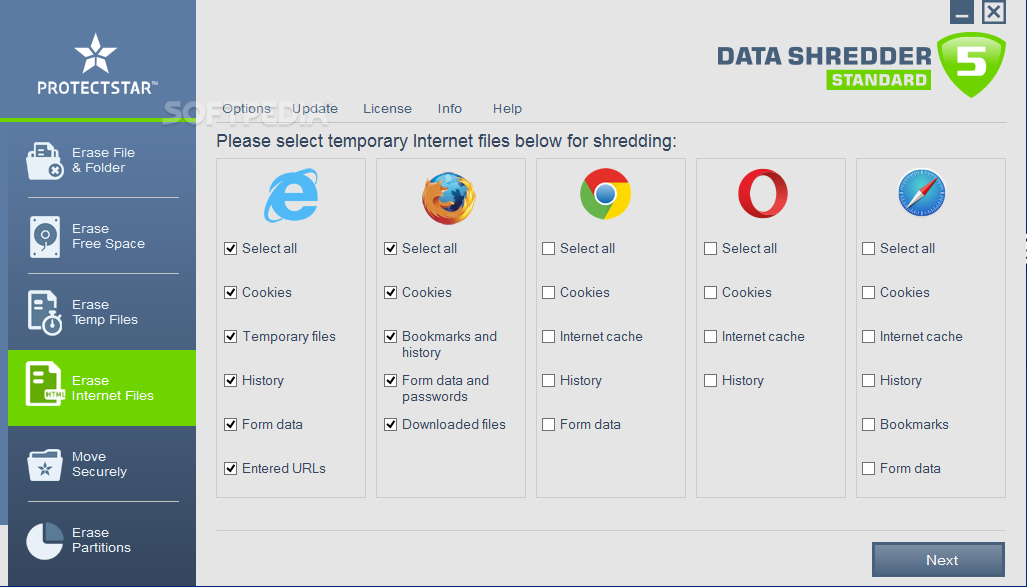

On a regular hard drive overwriting storage space both deletes the old data & writes new - with an SSD that same thing takes two separate operations.

Because the last piece of a file may not fill up the small section of the drive where it's stored, the space that's not used can contain old data from a previous file - some erasing apps can oversrite those small spaces too. Overwriting every bit of disk space clears that data, but it takes a long time, so most erasing apps just overwrite the parts of the disk where a file or files are stored, though some also have the option to overwrite free space. That's why all of those deleted file finding or recovery apps work. When you delete a file the only thing that goes away is the TOC entry - the pieces of the file are still there until something else is written in their physical space. The files themselves are stored in small pieces on the drive partition, and this sort of TOC records where the pieces of each file are physically on the drive. When you look at the files/folders in Windows Explorer what you're seeing is more-or-less the Table Of Contents for that drive partition. Select the file for CCleaner to shred.(For folders, simply choose the top option.) Here's a quick look at how to add individual files, and folders are added in a similar fashion: Then you can simply add this folder to CCleaner and it'll delete everything within the folder. The easiest way to manage this feature (if you want to shred files on a regular basis) is to set up a folder where you can dump files you wish to permanently delete. To access the file shredder in CCleaner, you'll need to go to Options > Include to add any folders or files you wish to have CCleaner securely delete on its next system scan and delete pass. CCleaner need to be configured to handle the secure deletion of files, but once that's set up you'll be good to go. The suite also handles file deletion with random overwriting, so if you already have it installed you don't need to install another tool to carry out shredding. CCleaner (opens in new tab) is one of the best tools for checking what files are taking up valuable space on your PC.


 0 kommentar(er)
0 kommentar(er)
